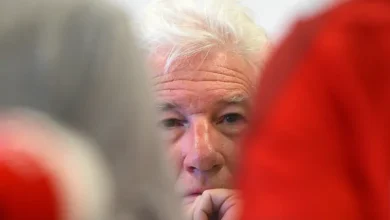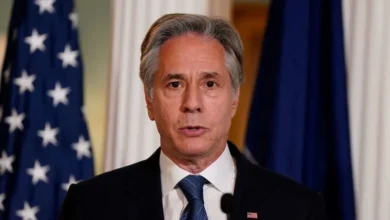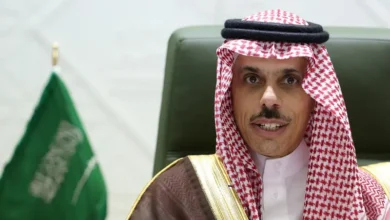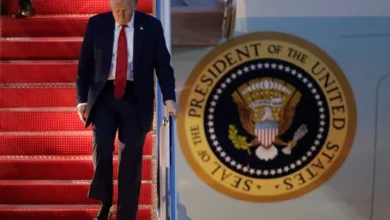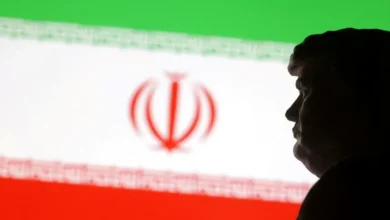China’s Xi welcomes ‘old friend’ Henry Kissinger in Beijing
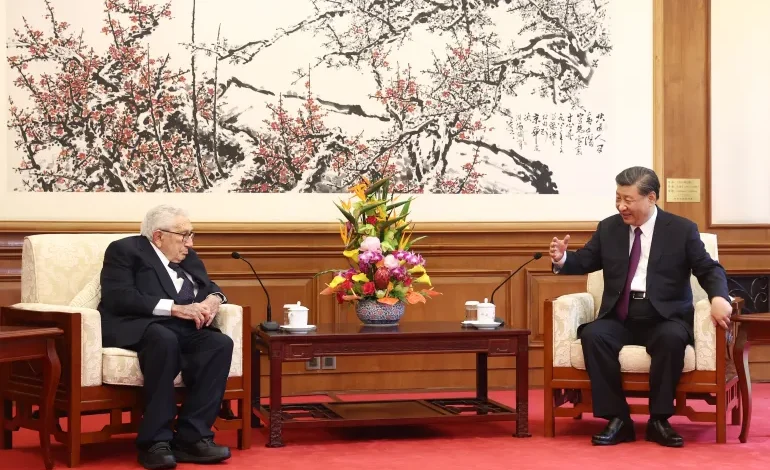
Chinese leader Xi Jinping has welcomed his “old friend”, former United States Secretary of State Henry Kissinger, to Beijing.
The visit on Thursday came as the US and China have increasingly sought to improve their tanking relationship. The 100-year-old Kissinger was instrumental in negotiating for the two countries to normalise ties in the 1970s during the Cold War.“Chinese people value friendship, and we will never forget our old friend and your historic contribution to promoting the development of China-US relations and enhancing the friendship between the Chinese and American peoples,” President Xi told Kissinger on Thursday, according to state media.
“This not only benefitted the two countries, but also changed the world,” Xi continued. “China and the United States are once more at a crossroads, and both sides must once again make a choice.”
While controversial in the US, Kissinger remains a highly esteemed figure in China. That regard was on full display during the trip and stood in contrast to the reception US Climate Envoy John Kerry received during his visit, which concluded on Wednesday.
Kerry and US Treasury Secretary Janet Yellen, who visited China at the beginning of July, did not meet with Xi while in Beijing. However, current US Secretary of State Antony Blinken did meet the Chinese leader when he visited Beijing in June.
On Tuesday, Kissinger also held talks with Chinese Defence Minister Li Shangfu. Li is currently barred from visiting the US over arms sales he oversaw with Russia. Beijing had declined an invitation for Li to meet with US Defense Secretary Lloyd Austin on the sidelines of a summit in Singapore in June.
In a release, China’s defence ministry said Li praised the role Kissinger played in opening up US-China ties. He added that bilateral relations had recently hit a low point because of “some people on the American side who are not willing to meet China halfway”.
The US and China have seen an array of issues in recent years heighten tensions between the two countries.
Those points of contention include charged rhetoric over Taiwan, the self-governing island Beijing claims as its own, as well as China’s military actions in the East China Sea and South China Sea.
Washington has also expressed concern about Beijing’s increasing “assertiveness” in the Indo-Pacific region, and the two countries have engaged in economic disputes over supply chains and efforts to limit access to critical technologies.

